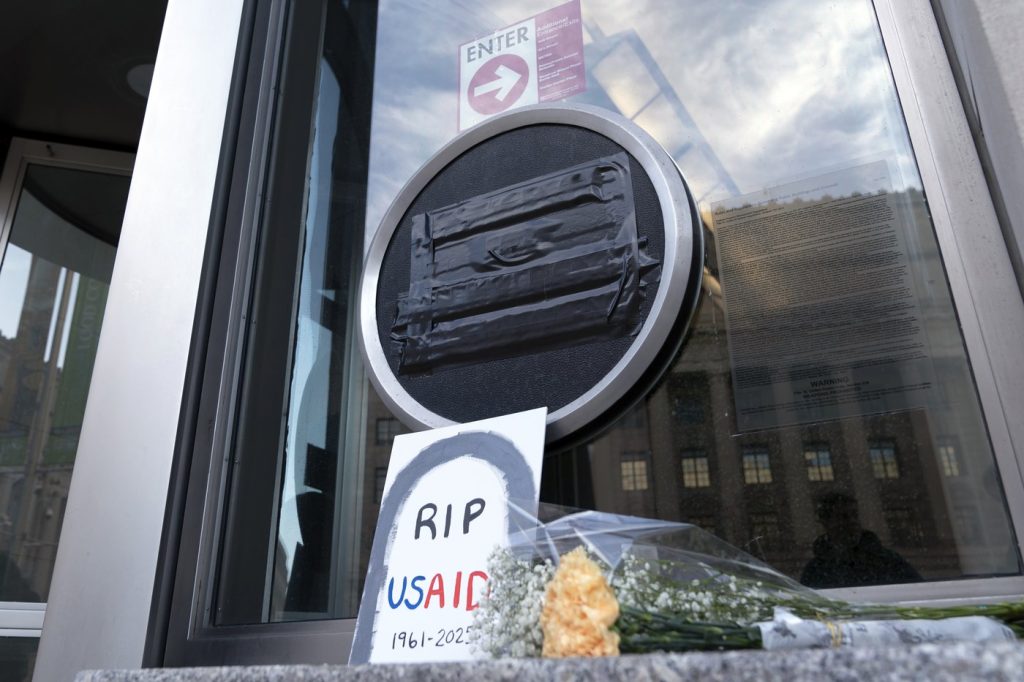On Friday, a federal judge in Washington, U.S. District Judge Carl Nichols, ruled against a request to prevent the destruction of classified documents during a cleanout process at the U.S. Agency for International Development (USAID). The judge found that the records set for shredding or burning were considered outdated or no longer necessary.
The documents in question do not appear to have any relation to ongoing legal disputes surrounding the substantial restructuring of USAID by the Trump administration, according to Judge Nichols. He declined to grant a temporary restraining order requested by a union representing USAID contractors, who sought to halt the document destruction amid concerns that some materials could serve as evidence in current lawsuits.
A separate federal judge is anticipated to review additional legal actions concerning the document destruction on the same day. These legal challenges arise from the Trump administration's efforts to significantly reduce the scope of USAID's operations, which include cutting off most federal funding and terminating 83% of the agency's humanitarian and development programs worldwide. As a result, only a handful of staff members will remain, and the agency's headquarters in Washington is set to be closed.
The union's intervention was prompted by the circulation of an email that instructed USAID staff to assist in the burning and shredding of agency records. The Trump administration counters that this email has been misconstrued, emphasizing that trained USAID personnel are responsibly managing the agency's building clearance. Erica Carr, the acting executive secretary at USAID, informed the court that the classified documents slated for destruction are primarily duplicates of records held by other agencies or documents derived from already classified materials.
In her court statements, Carr assured that all personnel records or those related to active classified programs would be preserved. Furthermore, she committed to notifying the plaintiffs prior to any further destruction of documents to ensure transparency and compliance with regulations.
The handling of classified materials and federal records is strictly governed by federal law, underscoring the significance of the ongoing oversight of these protocols during the agency's transition period. The issues surrounding classified documents at USAID intensified last month when the Trump administration placed the top two security officials at the agency on leave after they declined to allow members of teams associated with Elon Musk, tasked with government cuts, access to sensitive classified materials.
This case highlights the tension between government restructuring efforts and compliance with legal standards for document handling, raising concerns among stakeholders about the potential loss of important information at a time of significant organizational change.










